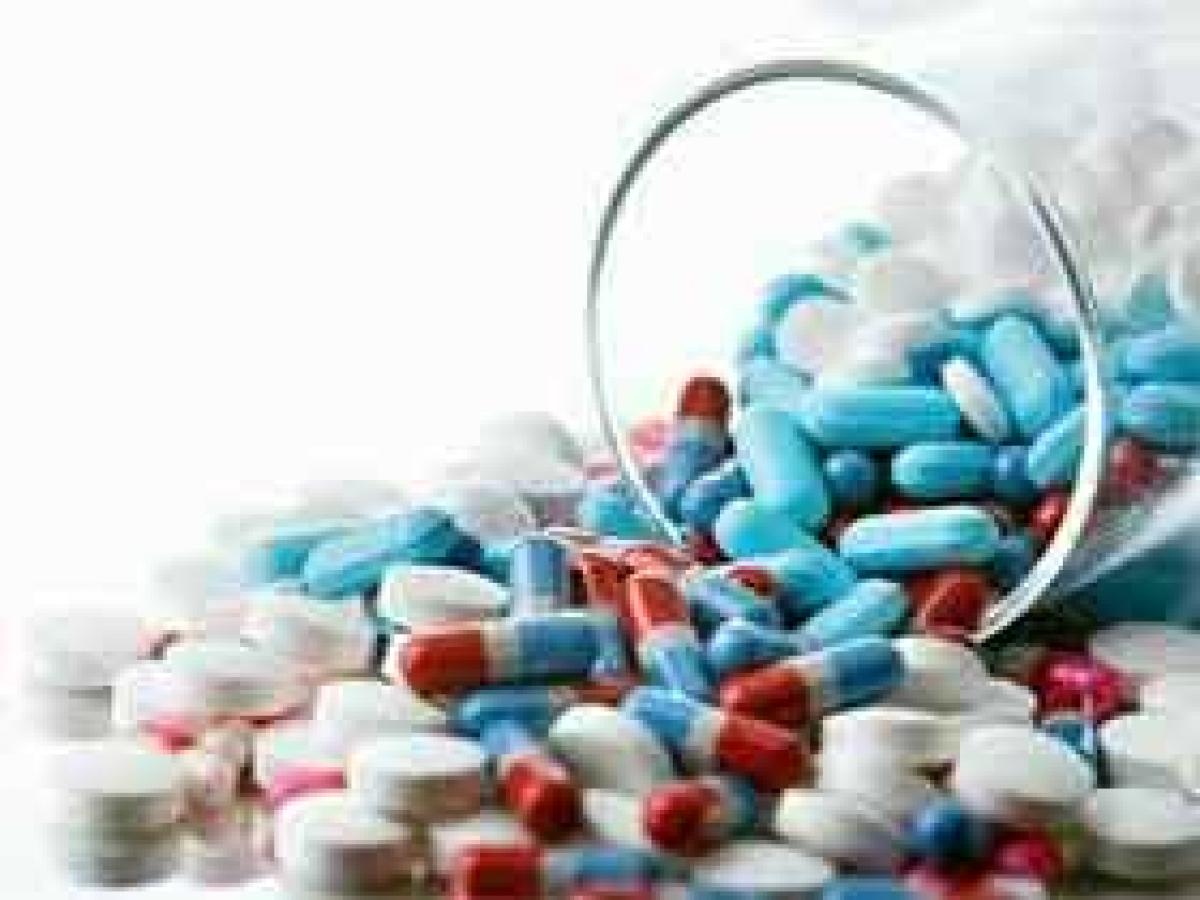Live
- Supreme Court issues notice on PIL seeking directions to integrate legal education, self-defence training into school curriculum
- Bengal school jobs case: Arpita Mukherjee granted bail; new HC Bench to look into Partha Chatterjee's plea
- Working to provide social security for gig and platform workers: Govt
- Bangladesh records 11 dengue deaths, toll rises to 459
- Vocera Raises $500K from Y Combinator to Revolutionize Voice AI Testing and Evaluation
- GQG Partners Refuses to Sell Adani Stocks Despite Bribery Scandal and 26% Loss
- Bihar: Four persons including girl injured in post bypolls violence in Gaya
- Dharmasthala Dharmadhikari Enters Record Book
- BJP to Review By-election Losses in State Meet
- Activist Alleges CPCB Cover-up on Endosulfan in Kasaragod
Just In

Not mincing words, Modi pointed to the visiting German Chancellor Angela Merkel that the European Union ban on the Indian generic drugs is quite unwarranted and an obstacle to free trade talks with the EU, which have collapsed following the EU-clamped ban on as many as 700 generic medicines from South Asian major.
.jpg) Not mincing words, Modi pointed to the visiting German Chancellor Angela Merkel that the European Union ban on the Indian generic drugs is quite unwarranted and an obstacle to free trade talks with the EU, which have collapsed following the EU-clamped ban on as many as 700 generic medicines from South Asian major.
Not mincing words, Modi pointed to the visiting German Chancellor Angela Merkel that the European Union ban on the Indian generic drugs is quite unwarranted and an obstacle to free trade talks with the EU, which have collapsed following the EU-clamped ban on as many as 700 generic medicines from South Asian major.
A generic drug has same constituents, dosage form, strength and quality as a branded drug, and is marketed under a non-propriety name after expiry of the original drug patent, and is, therefore, cheaper.
EU is India's largest trade partner, and imports from India were at $98 billion in 2014-15. However, India is only EU’s 9th largest trade partner.
The EU ban may cost India about $1.2 billion, according to India’s pharmaceutical industry body Pharmexcil. EU wants India to accept data exclusivity and patent term extensions for free trade agreement (FTA) with it before the WTO talks in Nairobi in December.
India rejected these provisions. But India opposes any changes in its laws that weed out affordable generic medicines. As Assocham estimates, the domestic generic market may cross $27.9 billion by 2019 from $13.1 billion now i.e., a healthy CAGR of about 16.3 per cent.
Developing countries and concerned NGOs and civil societies the world over are waiting with bated breath how India would protect its generic drugs, which are the lifeline for the millions of the poor people around the globe.
However, the Big Pharma, with covert support from developed countries, stubbornly views and treats the health issue only in terms of cost factors, notwithstanding the sufferings of the poor people.
If no affordable access to medicines forms the core of agenda of action on the health goal in the UN-adopted Sustained Development Goals (SDGs) for 2030 (Ensure healthy lives and promote well-being for all at all ages), what good the avowed objective would be?
Over 70 per cent of the world’s poor and sick are burdened by various debilitating diseases like HIV/AIDS, TB, Malaria, Ebola and non-communicable diseases for want of access to affordable drugs.
The third goal of SDG aims at reducing global maternal mortality ratio to less than 70 per 1,00,000 live births, ending preventable deaths in newborns and under-fives, and ending the epidemics of AIDS, tuberculosis, malaria and neglected tropical diseases.
A UNDP report says that 63 per cent of all deaths worldwide stem from non-communicable diseases such as cardiovascular diseases, cancers, chronic respiratory diseases and diabetes.
The cumulative economic losses to low- and middle-income countries from the four are set to cross $ 7 trillion by the year 2025. As India fights the EU, support is coming from several quarters.
Charity Médecins Sans Frontières or Doctors Without Borders berated the EU, read Big Pharma, ban as a move to ensure “profit reigns above people's lives,” and urged India not to cave in to pressure. India, therefore, should not budge, if it has to achieve the global target of health for all by 2030.
Editor: Prof K Nageshwar

© 2024 Hyderabad Media House Limited/The Hans India. All rights reserved. Powered by hocalwire.com







